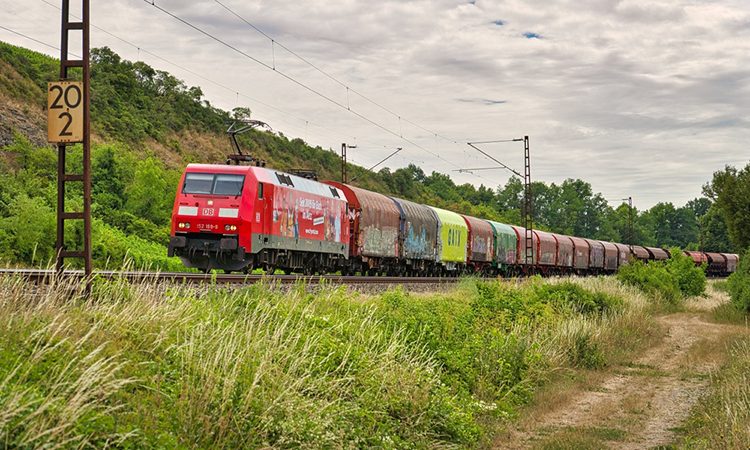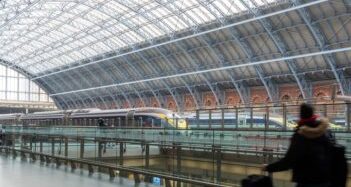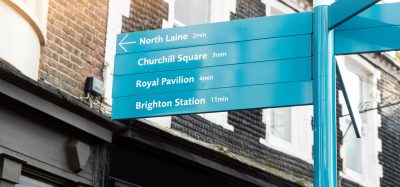Rail sector faces challenges as traffic light coalition shifts focus to DB equity increase
Posted: 22 August 2024 | Global Railway Review | No comments yet
Critics warn that increasing Deutsche Bahn’s equity instead of funding rail infrastructure could raise costs for rail freight, hindering the shift from road to rail.


Germany’s traffic light coalition (SPD, Greens, FDP) plans to increase Deutsche Bahn‘s (DB) equity capital by €4.5 billion as part of the 2025 federal budget, sparking significant debate within the rail sector. Critics argue that this move could have negative consequences, particularly for rail freight transport.
Malte Lawrenz, Chairman of the German Private Wagon Association (VPI), is a vocal critic of the coalition’s strategy. He contends that prioritising an equity increase over direct construction cost subsidies for rail infrastructure is a mistake that could undermine efforts to shift more traffic to rail – a key aspect of Germany’s climate policy. Lawrenz warns that this approach could lead to higher track access prices, especially for rail freight operators, thereby intensifying the financial pressures they already face in competing with road transport.
“Anyone who seriously wants to shift traffic to rail must not increase equity capital instead of construction cost subsidies,” said Lawrenz. He emphasised that raising DB’s equity could result in DB passing on the costs to rail operators, exacerbating the competitive disadvantage for rail freight. Lawrenz has called for an increase in track access price subsidies to mitigate the potential cost increases, stressing that any additional burden on rail freight transport could derail the sector’s progress.
The current track access price system, which sets fees for rail operators using DB‘s tracks, has long been criticised for being costly and complex, particularly for freight companies. Lawrenz advocates for a comprehensive reform of this system, arguing that the government should focus on direct infrastructure investments to reduce costs rather than imposing indirect financial burdens through equity increases.
The coalition’s budget decision highlights the broader challenges facing Germany’s rail sector as it seeks to modernise while remaining financially viable. The outcome of this debate will have significant implications for the future of rail transport in Germany, particularly in balancing the competition between road and rail.
Related topics
Related organisations
Deutsche Bahn AG (DB AG), German Private Wagon Association (VPI)








